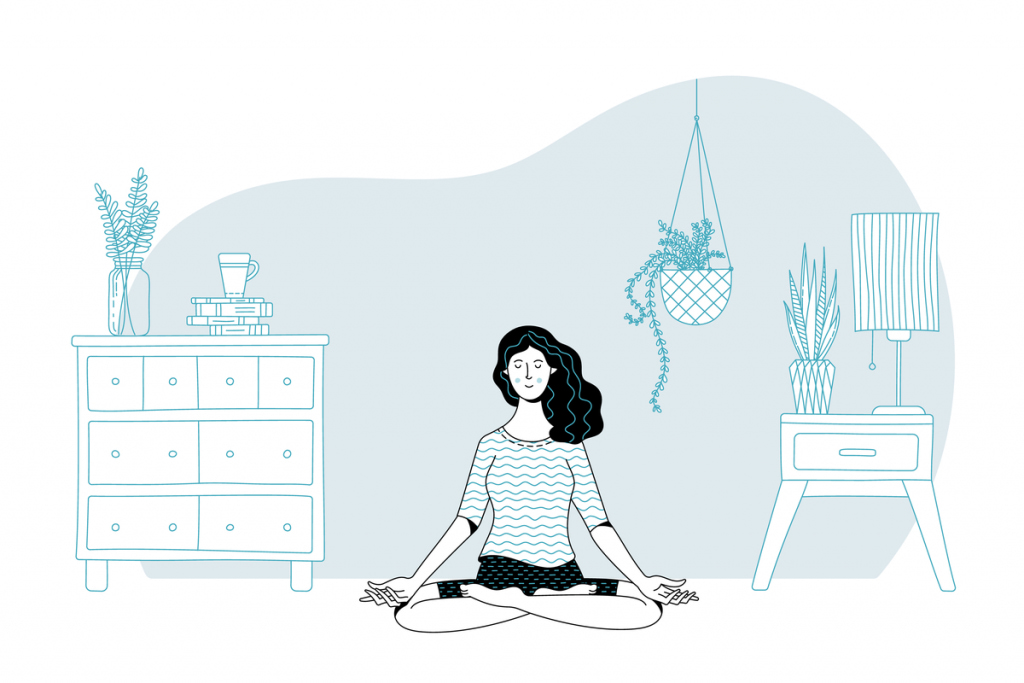In a world fraught with uncertainty, in a global culture plagued by anxiety, people are craving calm and finding it in eclectic meditative practices. It’s not all obnoxious apps and fake gurus, there is something earnest and beneficial about the art of finding peace. Particularly Zen Buddhism, originating in Japan, stands in stark contrast to the hectic materialistic rat race. It teaches us to let go of attachments, let thoughts pass through, and savor the moment. And let’s start learning to let go by letting go of the notion that you need to go to a temple to practice Zen mediation. There are a number of ways to be more Zen at home.
Online Zen Mediation
The most direct path to bringing Zen into your life is going straight to the source. Zen Buddhism is known for inclusivity, regardless of whether one has been born and raised Buddhist or an outsider interested in the Zen practice. The Soto Zen Buddhism organization in Japan even has an international branch and English-language guided Zen mediation to accommodate non-Japanese people. They used to do free Zen classes in person, but because of the pandemic they have now moved them online. Where a lot of “Zen experiences” can be offputting and touristy, the Soto Zen HQ is the real deal without gatekeeping. All beginners welcome, everyone can tune in during the Facebook live stream, send comments and questions, or simply meditate guided by Rev. Hojun Szpunar. The two upcoming sessions are scheduled for May 16 and May 27, followed by a summer hiatus until September.
Check the online Zen class schedule here for the most up-to-date information.
Another welcoming place for both beginners and experienced people to try Zen at home is the Zen and Self-Cultivation Program with Rev. Takafumi Kawakami. Kawakami, a priest at Shunkoin Temple in Kyoto, is fluent in English and hosted popular Zen lessons for foreigners pre-pandemic. The next online meditation session is scheduled for May 9 (Japan time) but click here to get informed about other lessons in the future. Attending this online event requires a donation from 1200yen or more, and is free to medical workers.
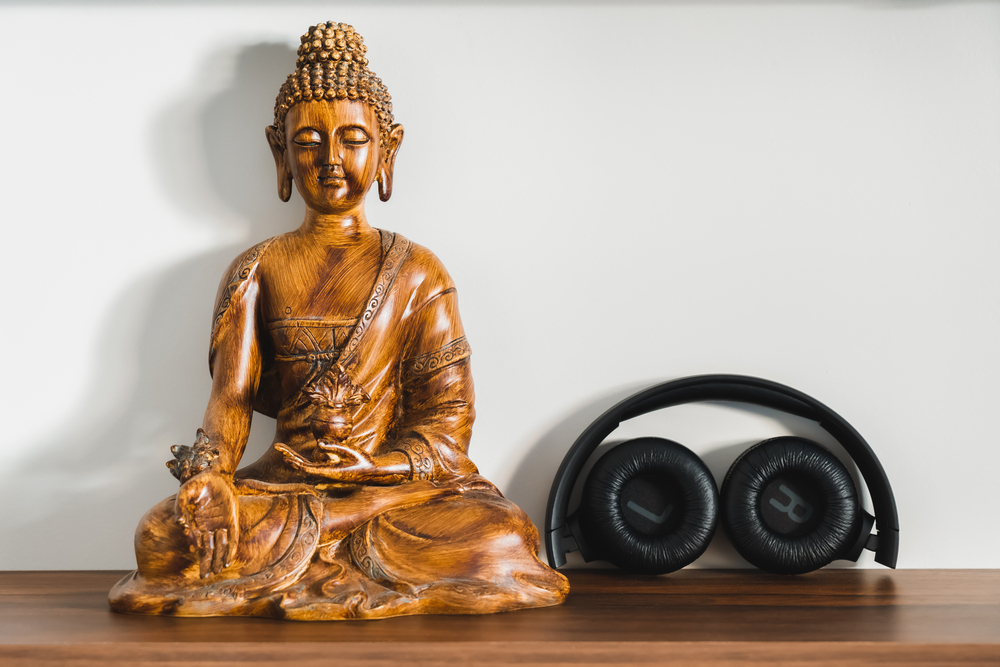
Zen in Your Ear
Whether you crave more knowledge or simply wish to tread carefully before diving into Zazen practice, you’ll find a myriad of free online resources about Zen Buddhism. Thanks to its inclusivity, Zen has been widely popular for a long time now, so most of its teaching have been translated. There are also free YouTube lectures by acclaimed academics and priests, and podcasts where people freely discuss Zen and other forms of meditation and spiritualism.
I recommend The Zen Studies podcast for a detailed learner’s approach to Zen Buddhism. Then there’s Zen Mountain Monastery that is a collection of lectures and teachings that put Zen in context with the current international world we live in and everything that comes with it. Finally, my absolute favorite podcast is not solely about Zen but about Buddhism in general. I Can’t Believe It’s Not Buddha is a comical chat between comedian Lee Mack and his friend and TV writer Neil Webster about their clumsy but earnest search for Nirvana. If you are not convinced to go on the Zen path you’ll at least have a laugh, and that’s always soothing for the mind and soul.
Finally, there’s ambient music. Normally, Zazen is done in absolute silence, but for those who like to listen to music while being Zen at home, there are countless YouTube videos of Zen-inspired relaxation sounds such as this one.
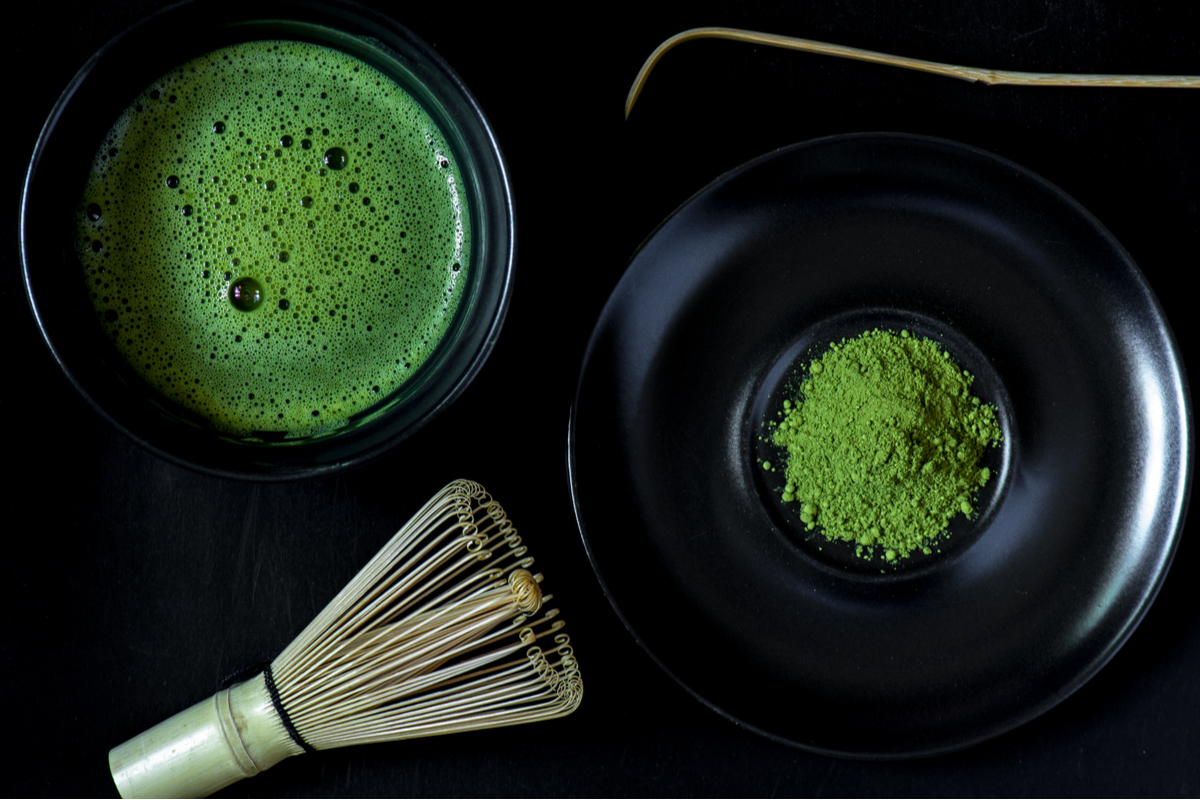
The Art of Tea and Chill
“There is no secret magic to green tea, it is purely a necessity,” Rev. Hojun Szpunar has told me. Similarly, “When hungry, eat. When tired, sleep.” is a popular Zen saying that hints at the importance of fulfilling basic needs. However, we usually add more meaning to everything we do, and such is the story of tea culture too. The ritual of tea making and the repetitive nature of the process help clear our minds and prepare us for a meditative state. Zen practitioners recommend learning to make your own tea primarily for that reason. Green tea itself has a host of health benefits, as it is a well-known antioxidant and immunity booster, so ultimately a sound body and sound mind go together.
Whether it’s steeping sencha in hot water or whisking matcha, green tea is widely available in Japan. You can also order whole starter kits for making matcha online. For additional guidance, there are countless YouTube instruction videos, or you can book an online lesson like the one offered by Arigato Japan.
If tea is… literally not your cup of tea, you can achieve similar effects if you develop a more deliberate coffee-making routine. Just remember to take a moment to focus on the activity at hand only.
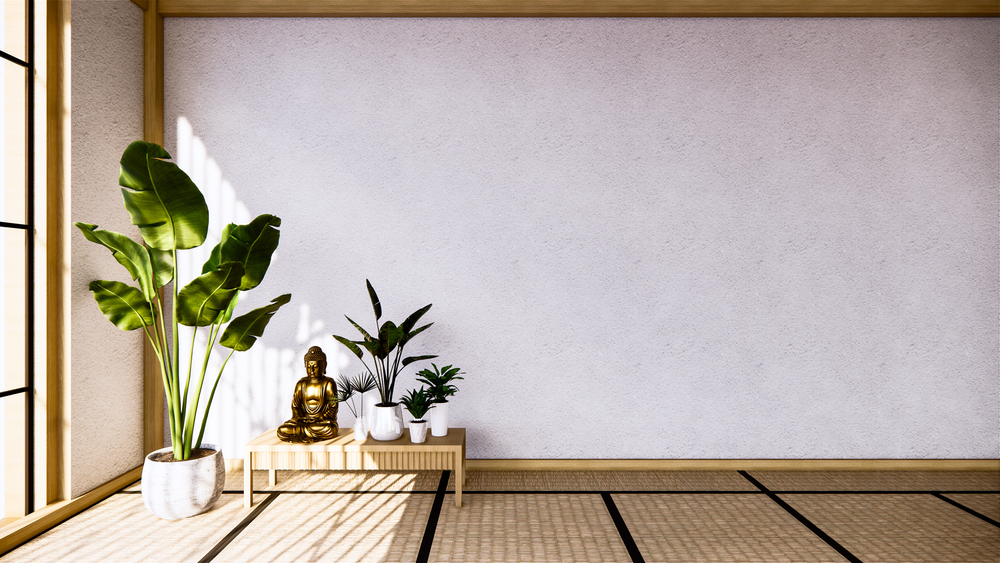
Make Your Home More Zen
Zen is the art of letting go, so naturally, a less cluttered home will help with peace of mind. This is why Zazen mediation rooms in temples are always simple, with minimal distraction, and participants are often instructed to look at the wall or the floor. So, a great way to be Zen at home is to make your own home more Zen by decluttering and cleaning. It might not sound fun, but cleaning and other simple chores are the backbone of spiritual training in Zen monasteries. Similar to the little ritual of making tea, some physical work also helps with clearing the mind.
Gardening is also on the path to Zen, so if you have a garden or a balcony garden try growing something. It’s an ever more popular hobby and has always been known to be calming, even without the Zen connection.
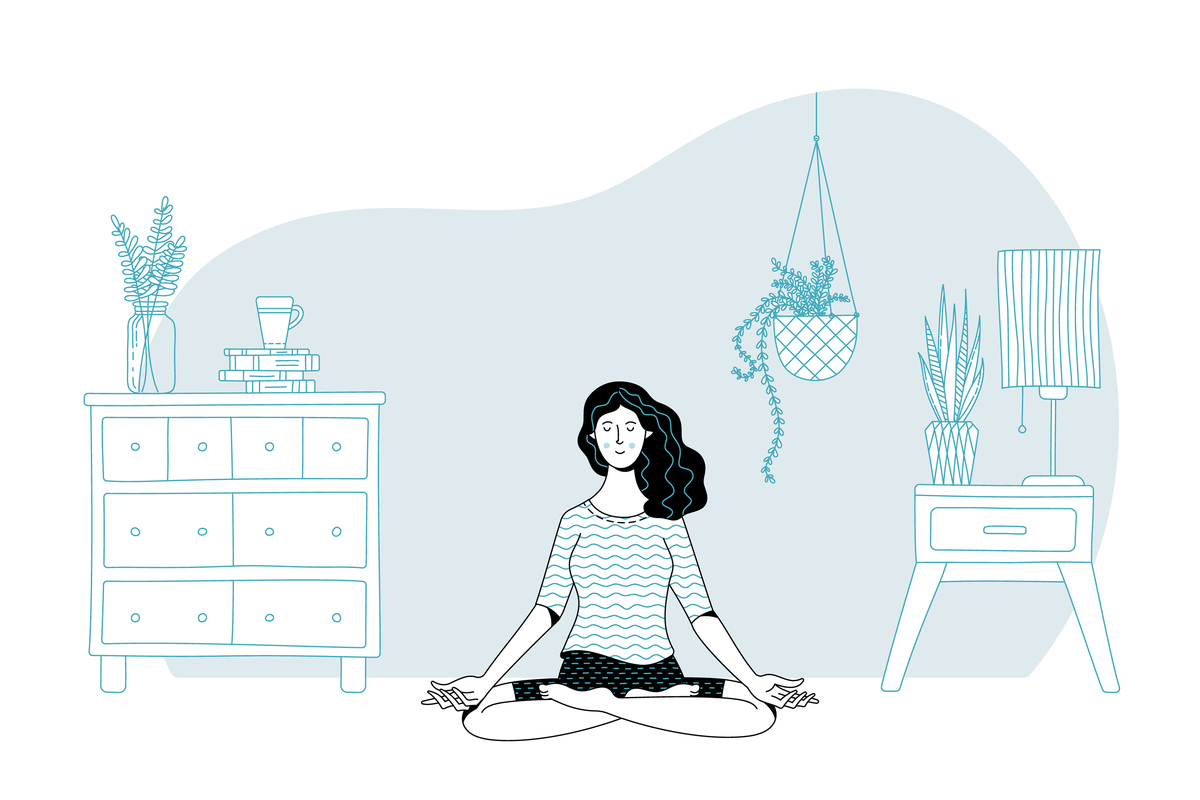
Just Disconnect
Finally, one of the best ways to cherish the moment and stay in the now is just disconnecting. “Zoom fatigue” is a very real thing, and phone addiction was an issue even before the pandemic. More and more people pay to go on digital detox retreats. The Zen philosophy recommends the same – stop multitasking for a moment, don’t even be in the same room with your devices, take a moment and just sit down. That’s where Zen starts.
Read more:
- A Zen Priest’s Advice on How to Cope with Pandemic-Induced Stress
- Find Inner Peace at 4 English-language Zen Meditation Experiences near Tokyo
- Kyoto’s Tea Masters Explain Why Drinking Matcha is Essential During the Covid-19 Pandemic
- The Kyoto Priest Spreading Buddhism Through Electronic Music
Updated On December 28, 2022

